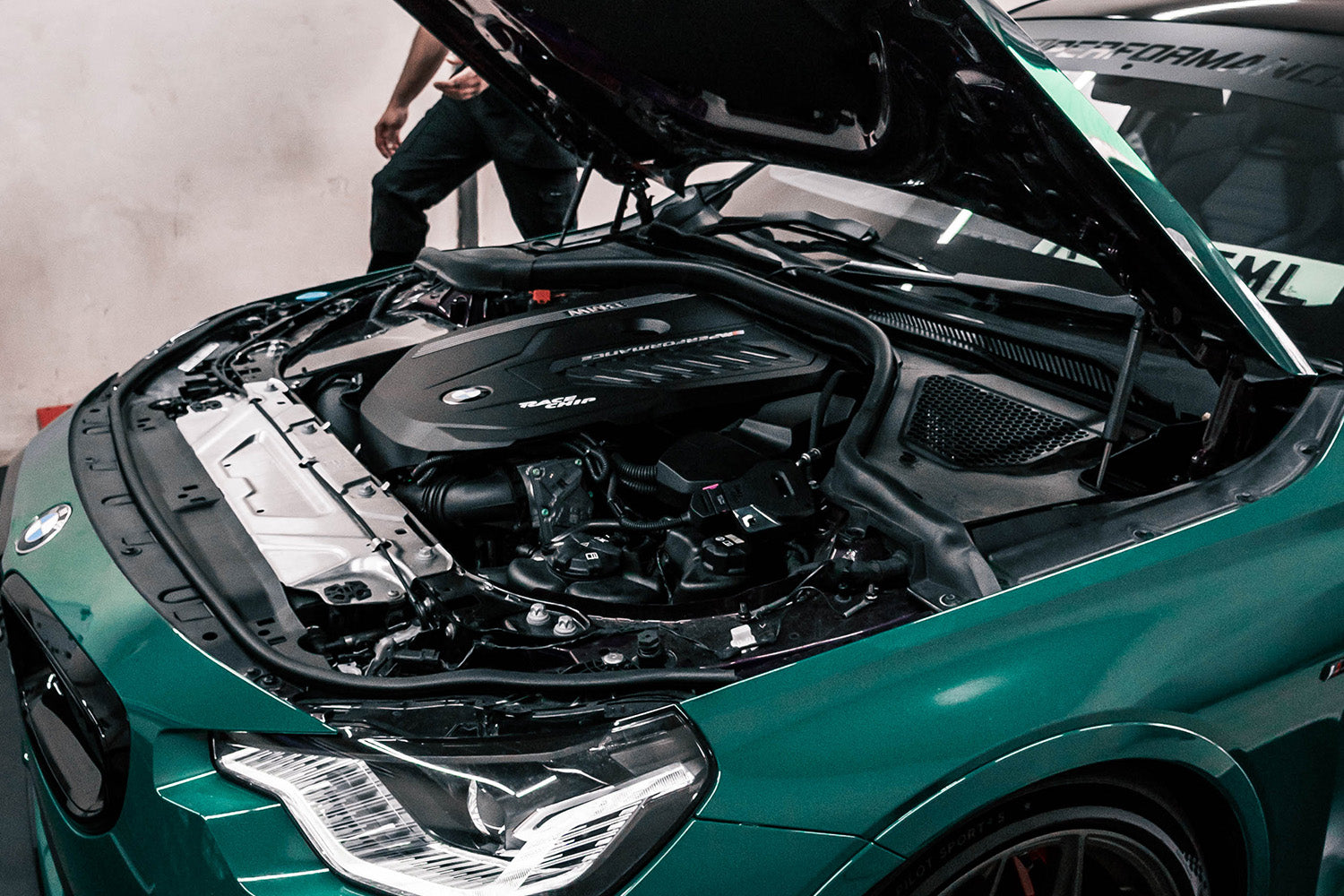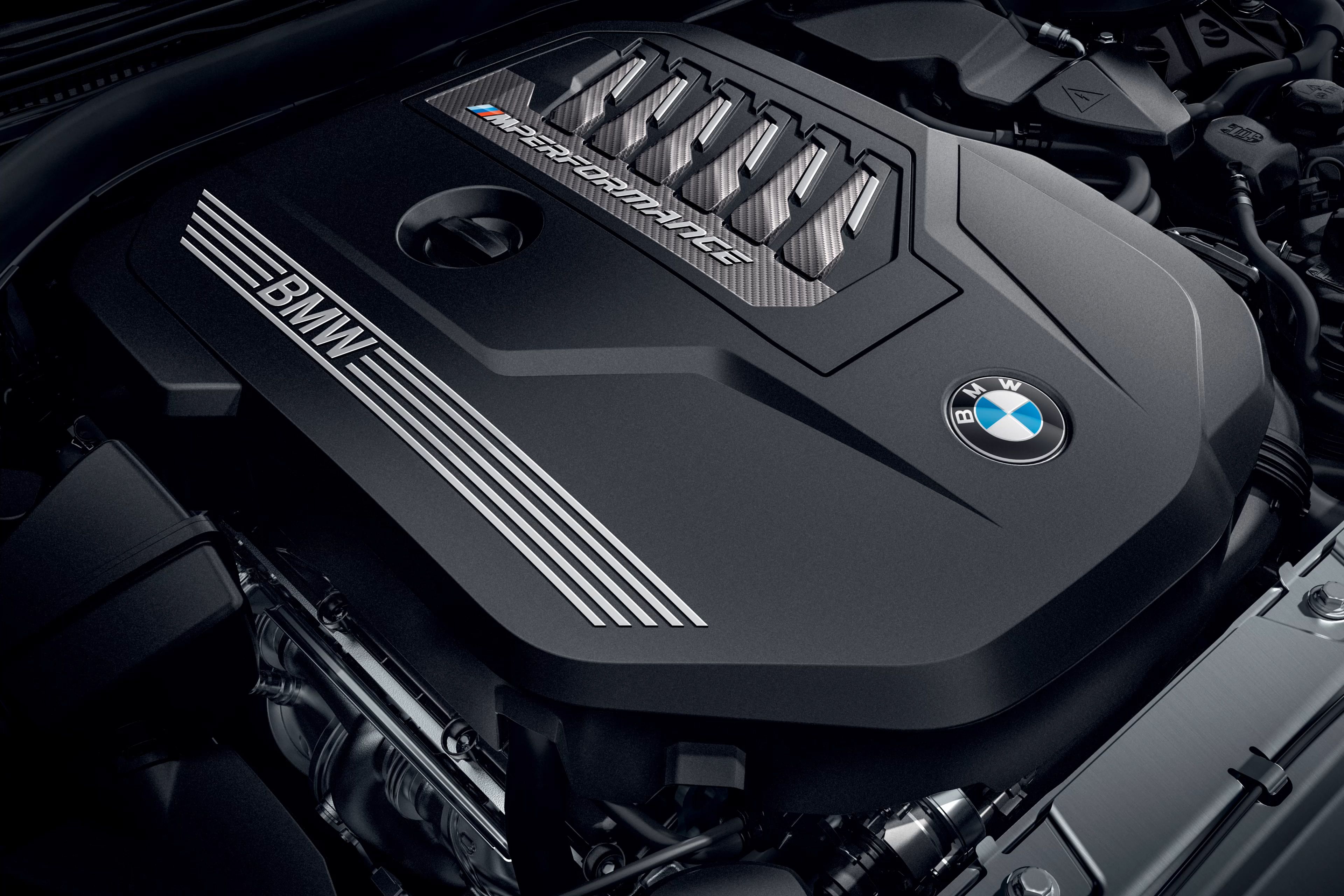Common Concerns Dealt With by BMW Engine Owners and How to Solve Them
Common Concerns Dealt With by BMW Engine Owners and How to Solve Them
Blog Article
Revealing the Intricacies of Next-Generation Power Units: a Deep Study Advanced Engine Advancements and styles
In the world of auto design, the unrelenting quest of performance, sustainability, and performance has moved the development of power units to unprecedented heights. As we base on the precipice of a brand-new age in transportation, the complexities of next-generation engine styles bid us to explore the sophisticated innovations and developments that promise to redefine the driving experience. From sophisticated products that press the limits of durability and weight decrease to advanced turbocharging and supercharging systems that raise power outcome to new degrees, each element of these power devices holds a vital to unlocking the future of automobile design. Diving much deeper right into the realms of discharge control, intelligent engine management systems, and the perspective of power system advancement, we locate ourselves on the cusp of a makeover that guarantees to reshape the landscape of movement as we recognize it.
Development of Engine Products

The change in the direction of advanced engine products has likewise made it possible for designers to create engines with greater power outcomes while keeping gas effectiveness requirements. As an example, making use of light-weight materials lowers the general weight of the engine, leading to enhanced fuel economy and reduced emissions. Furthermore, innovations in materials modern technology have actually enabled better thermal management within engines, causing raised integrity and longevity.
Turbocharging and Supercharging Technologies
Exactly How do Turbocharging and Supercharging Technologies revolutionize engine efficiency and effectiveness in contemporary lorries? Supercharging and turbocharging are innovations that significantly enhance engine efficiency by raising the amount of air consumption into the burning chamber. Turbocharging attains this by using a turbine driven by exhaust gases to pressurize the consumption air, while supercharging makes use of a belt- or chain-driven compressor to achieve the same effect.
These innovations make it possible for smaller sized, extra fuel-efficient engines to create power comparable to bigger ones, referred to as downsizing. Forcibly even more air into the cylinders, supercharging and turbocharging improve burning efficiency, resulting in enhanced horsepower and torque result without a significant increase in engine dimension. This brings about much better velocity, lugging ability, and general driving efficiency.
Furthermore, turbocharging and supercharging add to improved fuel effectiveness by enabling the use of smaller engines that eat less gas under typical driving problems - bmw engine. This mix of boosted efficiency and efficiency has made turbocharging and supercharging essential components of lots of contemporary engine designs
Emission Control and Environmental Effect
With raising worldwide problems relating to air top quality and ecological sustainability, the execution of emission control technologies in vehicles plays an essential role in minimizing harmful toxins released right into the ambience. Modern vehicles are equipped with sophisticated emission control systems that aid minimize the ecological influence of vehicle procedures. Catalytic converters, for example, are developed to convert toxic gases such as carbon monoxide, nitrogen oxides, and hydrocarbons into less hazardous compounds like co2 and water vapor.
In addition, developments in engine technology, such as the integration of exhaust gas recirculation systems and discerning catalytic reduction, have substantially added to reducing emissions. These modern technologies work in tandem to enhance combustion efficiency and minimize the release of hazardous contaminants right into the air. Additionally, the advancement of hybrid and electric cars stands for an essential step in the direction of minimizing the general environmental impact of the transport field.
Intelligent Engine Monitoring Systems

In addition, these systems enable vehicles to meet rigid discharges requirements without jeopardizing performance, giving a more environmentally pleasant driving experience. The combination of expert system and artificial intelligence abilities in engine administration systems remains to press the borders of what is feasible, bring about further renovations in effectiveness, integrity, and total lorry efficiency. bmw engine. As vehicle innovation developments, smart engine monitoring systems will play a crucial duty in shaping the future of transportation in the direction of a much more lasting and efficient direction
Future Trends in Power Device Growth
As smart engine monitoring systems lead the way for improved control and optimization in modern-day lorries, future patterns in power unit advancement are poised to redefine the landscape of automobile propulsion technologies. One of the key patterns driving advancement in power unit advancement is the change towards electrification. With a raising concentrate on sustainability and lowering carbon discharges, hybrid and electric powertrains are coming to be extra prevalent in the auto sector. These different source of power use improved performance and performance while aligning with rigorous environmental guidelines.
Another considerable trend is the combination of innovative products and making strategies. Light-weight materials such as carbon fiber and light weight aluminum are being used to decrease general car weight, improving gas performance and performance. Furthermore, improvements in 3D printing and additive manufacturing are making it possible for the manufacturing of complex engine parts with higher accuracy and resilience.
Furthermore, expert system and maker understanding are playing an essential role in optimizing power system efficiency. These technologies enable real-time tracking and flexible control, bring about more reliable and effective power check my blog shipment. In general, future trends in power system growth are tailored in the direction of performance, effectiveness, and sustainability, driving the vehicle industry towards a brand-new era of propulsion technologies.

Conclusion
In verdict, the advancements in engine products, turbocharging, emission control, and smart monitoring systems have paved the method for next-generation power systems. The elaborate designs and advancements in modern-day engines display the ongoing advancement of auto innovation.
Exploring the progressive developments in engine materials has been critical in improving the efficiency and efficiency of modern-day engines. Over the years, the evolution of i was reading this engine products has actually played a crucial duty in pushing the borders of what engines can achieve.The change in the direction of progressed engine products has actually also made it possible for designers to make engines with greater power results while maintaining gas performance standards.The application of smart engine administration systems in modern lorries has reinvented the method engines are regulated and enhanced for performance and efficiency. By collecting data in real-time and examining it with advanced algorithms, smart engine monitoring systems can adapt to driving designs, ecological elements, and engine health and wellness to maximize power result while decreasing fuel usage and exhausts.
Report this page